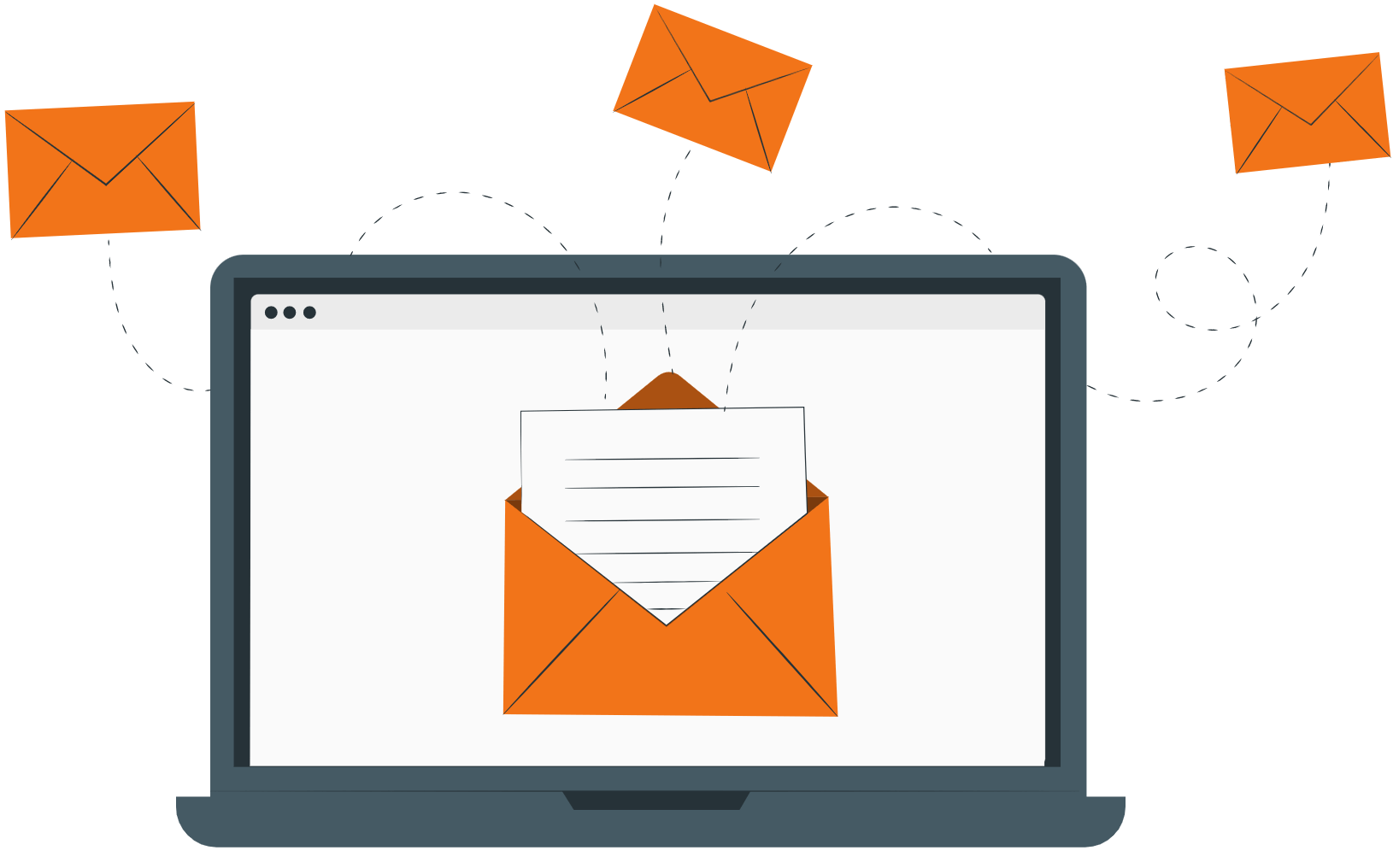A day off is often the best time to sit back, relax, and binge on the latest “Stranger Things” season. However, you can also improve productivity more effectively using your day off. Knowing what to do on your day off can improve your time management and productivity. In this article, you’ll learn 15 tips that show you how to be productive on your day off.
How Can I Make My Day Productive?
A productive day off sees you preparing for work and improving your overall work efficiency. It makes you an effective employee that understands multiple vital steps that help increase your productivity. Just a few simple steps that you will take to learn how to be productive on your day off include how you will:
- Avoid wasting time on tasks that don’t accomplish anything
- Minimize activities that don’t engage your brain or rob your energy
- Reduce distractions and improve your overall time management
- Create a to-do list that helps you take control of your day-to-day life again
The tips discussed in the next section will help improve your productivity and provide great tips that may enhance your time management skills. We’ll not only give you some essential tips that may help you but also showcase more advanced techniques proven to improve productivity. Let’s go!
15 Ways to Be Productive On Your Day Off
Don’t be too quick to say work from home sucks, use the following 15 tips will help you know what to do on your day off to improve your productivity. It will also ensure you don’t get caught unaware of any significant changes in your life and increase your overall efficiency. We feel comfortable suggesting these to people in every market.
1. Prepare for the Next Day or Week
On your day off, you can always prepare for your next work period, including the next day or week. One of the most influential and productive steps is preparing and writing down what you need to do. Preparedness helps you prepare for your return to work and avoids confusion.

Just as importantly, being prepared helps you tackle tasks as they come and avoids work waste. For instance, if you have a simple plan that you can use to tackle your next work day or week, you can step right back into the office and stick to that plan.
2. Exercise
We understand that you might feel exhausted on your day off. However, sitting around the house all day will only wear you out. Instead, get in a good hour or so of exercise, even a simple walk around the block, to help boost your energy levels and stay productive.

Exercise not only improves your mood and increases your energy but also helps you lose weight. Losing weight can minimize the pain that may distract you while you work and improve your overall health. So find a gym and sign up to work out on your days off.
3. Follow the Two-Minute Rule
The two-minute rule is an idea by David Allen that is very easy to understand. It states that if you see a task that can be completed in two minutes or less, do it immediately. If it cannot be completed in that time, plan it for later or start breaking it down into tasks that can be completed that quickly.
For instance, can you vacuum your bedroom in two minutes or less? Probably, so do it now. Can you sort through your entire garage’s junk pile in less than two minutes? Not likely, so break it down into two-minute tasks. This step is significant for people who may get stuck in productivity stasis.
4. Tackle Your Important Chores
Multiple studies have confirmed the benefits of giving children chores, but did you know that tackling your chores on your day off can provide the same benefits? Doing chores on your day off gives you more time to focus on your work activities if you have an at-home office.

Even better, doing chores on your day off ensures you don’t have to do them on days you work from the office. There’s nothing worse than traveling to and from work and having to mow your lawn or do your dishes. Do these chores on your day off to focus your work days on working.
5. Clean Your Workspace
Is your workspace at home incredibly cluttered? It is important to consider cleaning up this area on your day off. Studies have shown that clutter can affect our mental and physical health and trigger distractions. Taking care of your mess on your day off helps eliminate this problem.
It gives you a cleaner work area to return to when you’re off your break. You might even feel more excited to return to work than you would. Throw away anything you don’t need, store important papers, and get your desk back to a clean state ASAP.
6. Use the Pomodoro Technique
If you’ve never heard of the Pomodoro Technique, it’s a powerful scheduling tool that provides benefits. You work for 25 minutes and break for 5 minutes. You work four periods before taking a 20-30 minute break, depending on your schedule.

This option is excellent even for your day off because it gives you the necessary focus. People can focus well for 25 minutes before losing their attention. A five-minute break helps you refresh before you get back to work. You will be amazed at how many chores you finish this way!
7. Turn Off Your Television
While you might need to catch up on your favorite television series on your day off, try to limit yourself to no more than 1-2 hours of screen time. Studies have shown that television can adversely affect cognitive abilities and productivity.
For example, can you be productive working in front of a television, binging your favorite show? Probably not, and few people can work well that way. If you struggle to turn off your television or other devices, unplug them from the wall until you’re done working.
8. Try the Pareto Principle
The Pareto Principle is a time management rule that says the amount of work we put into something rarely reflects the results. According to this idea, 80% of all work is done with 20% of your effort. It would be best if you worked better and not harder during those times. Pareto focuses heavily on prioritizing your work tasks and on essential duties first.

As a result, you can time your work periods when you’re on your day off and see where you might be inefficient. Note when you are most efficient and try to focus on these times. You may notice that you do best after a brief break, which falls well into the Pomodoro Technique.
9. Listen to Music
If you’re anything like us, you probably like jamming to your favorite tunes while working. There’s a reason for that. Studies have shown that music can improve a person’s focus and help them stay more productive when doing anything. Upbeat music is often a good option because it might keep you excited, though calming music works well to relieve anxiety during tough times.
Your productivity increases will vary depending on a few factors. First, you should listen to enjoy music to get the best benefits. Just as importantly, you need to focus on music that doesn’t distract you. If you sing the songs and end up getting distracted, your productivity will disappear on you.
10. Get Out of the House
Do you have difficulty getting out of the house on your days off and aren’t sure how to change? Getting out of the house for a change of scenery is essential. Studies show that getting out of the home, especially in wilderness areas, can improve the mood by providing more engaging scenery. Sunlight also wakes you up and increases your energy!
As importantly, you can get this benefit by briefly going to the store to shop for a few items. Taking care of your mental health can boost your productivity by making you feel more positive and creating a more active and engaged mind.
11. Find an Activity Partner
Do you feel bored or struggle to stay focused on your day off when you don’t have somebody around? Try to find somebody you can do stuff with on your day off to stay focused. For example, calling a buddy over to help you clean the house can help you finish sooner and improve your mood. You may do more work while your friend is over and accomplish more that day.
12. Wake Up Early
Over the years, studies have confirmed that waking up early makes people more active. You’ll get much more done if you get up early on your day off instead of sleeping in. Just think of it this way. When you wake up at six and take three hours to clean the house, it’s still nine o’clock when you’re done.
If you had woken up at nine and started the same cleaning schedule, it would be noon, and you’d be more prone to take a lunch break. This kind of early-to-rise mentality is essential because it helps you stay productive and ensures you fall into a tight sleep schedule.
13. Turn Off Phone Notifications
While you might love having your phone notifications on while you’re off for the day, turn them off. There’s no need to get distracted by work activities and gossip on your day off. You can also turn off things like video and social media notifications. Doing so will help you focus more effectively on your at-home tasks and ensure maximum productivity on your day off.
14. Avoid Common “Lazy” Destinations
While getting out of the house is a great way to stay productive on your day off, avoid spots that make you feel lazy. Your environment can set the tone for your whole day and affect how well you work. For example, do you like to work at a local coffee shop but often take breaks to play chess with others? Avoid this destination and find somewhere else to go instead. Once your mind falls into that lazy set, it’s hard to get it motivated again.
15. Don’t Multitask
The myth of multitasking has been busted multiple times over the years, with numerous studies proving it doesn’t work. You do poorly on multiple tasks and probably have to fix your mistakes later. Instead of multitasking, single-task until you finish something.
For example, don’t try to bake a cake for a friend while you wash the dishes or do your taxes. Instead, bake the cake first, wash the dishes when you’re done, and handle the taxes later. This simple step will save you a lot of trouble.
Conclusion
Now that you know what to do on your day off, there’s no reason you can’t teach others how to be productive on your day off. These steps are particularly significant for people wanting to learn how to work from home more productively. For example, you’ll learn how to plan your schedule and take care of vital tasks that may otherwise get ignored.


